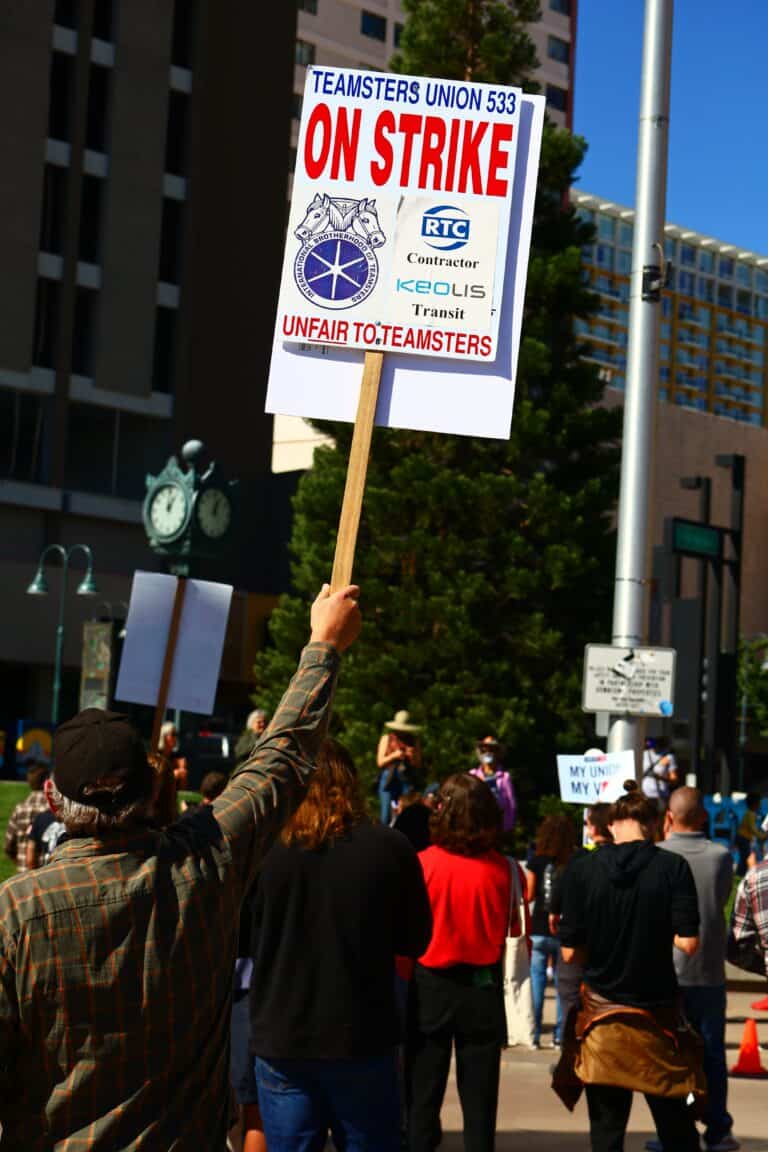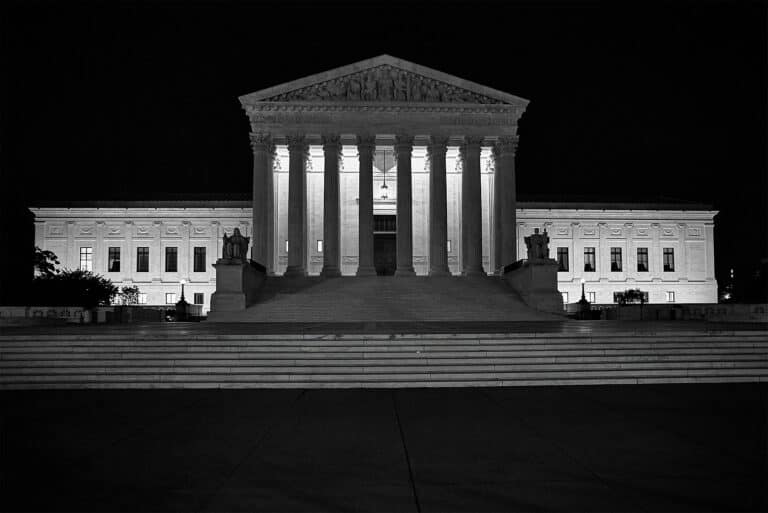
Benjamin Sachs is the Kestnbaum Professor of Labor and Industry at Harvard Law School and a leading expert in the field of labor law and labor relations. He is also faculty director of the Center for Labor and a Just Economy. Professor Sachs teaches courses in labor law, employment law, and law and social change, and his writing focuses on union organizing and unions in American politics. Prior to joining the Harvard faculty in 2008, Professor Sachs was the Joseph Goldstein Fellow at Yale Law School. From 2002-2006, he served as Assistant General Counsel of the Service Employees International Union (SEIU) in Washington, D.C. Professor Sachs graduated from Yale Law School in 1998, and served as a judicial law clerk to the Honorable Stephen Reinhardt of the United States Court of Appeals for the Ninth Circuit. His writing has appeared in the Harvard Law Review, the Yale Law Journal, the Columbia Law Review, the New York Times and elsewhere. Professor Sachs received the Yale Law School teaching award in 2007 and in 2013 received the Sacks-Freund Award for Teaching Excellence at Harvard Law School. He can be reached at [email protected].
Maddy’s excellent wrap-up of yesterday’s Janus news includes a clip from Slate’s piece “Solidarity’s End.” There, Mark Joseph Stern provides a very useful synopsis of agency fees law, but he also suggests that a Janus decision finding agency fees unconstitutional could easily be exported to the private sector. Here’s how he puts it:
One last point: Janus involves only public-sector unions, or unions composed of state employees. But there is no obvious reason why its logic should not apply to private-sector unions as well.
But of course there is a very obvious reason why the logic of a public-sector holding would not apply to private-sector unions: that logic is the state action doctrine, which limits constitutional restrictions to state actors. In order for the Court to extend a First Amendment prohibition on agency fees to private sector employers it would have to completely overturn decades of state action doctrine. It would have to conclude that there is state action simply because the law permits (not mandates) two private parties to enter into a contract. And, to be clear, this is what the NLRA does: no employer is ever required to enter into an agency fee clause (or any other clause); in fact, the statute is explicit that it “does not compel either party to agree to a proposal or require the making of a concession.” The idea that court enforcement of private contracts makes those private contracts state action is not the current law. Nor, would it seem, is the grant of exclusive bargaining status sufficient to convert private unions into state actors, a point I made here.
Some one, let’s say the National Right to Work Committee, undoubtedly will continue to press the claim that private sector collective bargaining agreements are the product of state action. But to agree with them, the Court would have to rewrite state action law and vastly expand the forms of private activity subject to constitutional oversight. That’s a move that would have profound implications across nearly all fields of constitutional doctrine. It might also have policy implications that would give a number of Justices serious pause. Justice Kennedy, for example, in his public employee opinions, warns against “constitutionalizing the employee grievance.” If private sector collective bargaining agreements are state action, we’d be constitutionalizing a lot more than grievances in the private sector; we might be constitutionalizing the whole employment relationship.
Stern is right that we might get national right-to-work in the private sector. But, at this point, such a development is more likely to come from Congress than from the Court.










Daily News & Commentary
Start your day with our roundup of the latest labor developments. See all
March 3
In today’s news and commentary, Texas dismantles their contracting program for minorities, NextEra settles an ERISA lawsuit, and Chipotle beats an age discrimination suit. Texas Acting Comptroller Kelly Hancock is being sued in state court for allegedly unlawfully dismantling the Historically Underutilized Business (HUB) program, a 1990s initiative signed by former Governor George W. Bush […]
March 2
Block lays off over 4,000 workers; H-1B fee data is revealed.
March 1
The NLRB officially rescinds the Biden-era standard for determining joint-employer status; the DOL proposes a rule that would rescind the Biden-era standard for determining independent contractor status; and Walmart pays $100 million for deceiving delivery drivers regarding wages and tips.
February 27
The Ninth Circuit allows Trump to dismantle certain government unions based on national security concerns; and the DOL set to focus enforcement on firms with “outsized market power.”
February 26
Workplace AI regulations proposed in Michigan; en banc D.C. Circuit hears oral argument in CFPB case; white police officers sue Philadelphia over DEI policy.
February 25
OSHA workplace inspections significantly drop in 2025; the Court denies a petition for certiorari to review a Minnesota law banning mandatory anti-union meetings at work; and the Court declines two petitions to determine whether Air Force service members should receive backpay as a result of religious challenges to the now-revoked COVID-19 vaccine mandate.